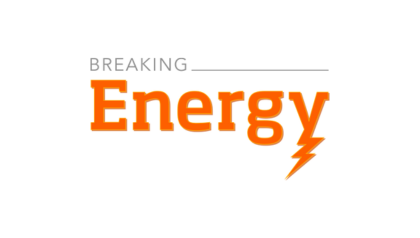
The Commodity Futures Trading Commission has come under fire for the nuanced lists of exemptions it has offered to various firms and groups as it implements some portions of Dodd Frank legislation that require greater transparency and tighter limits on hedging and trading of the derivatives it oversees.
Included in this group have been certain “natural” players perceived as having an inherent physical position in a relevant commodity and therefore less likely to game the market without regard for fundamental supply and demand or to hold dangerously large positions. Also included as of this week are public power companies and cooperative utilities, which have been exempted from all but the anti-fraud, anti-manipulation and record inspection provisions of the Commodity Exchange Act when it comes to energy transactions. Keep reading →







Shadow Banks Go Long Energy: AOL Energy Comment
By Peter GardettHundreds of millions of dollars have been committed to solar and wind projects in recent weeks, and while the end of the year often brings with it a spate of deals to avoid upcoming changes in tax policy, this time the money is coming from a new and different source.
The rush of dealmaking in the final weeks of 2011 has been striking after a relatively slow year in fundraising for energy deals of any kind, but even more surprising have been the players: private equity firms and hedge funds. Keep reading →